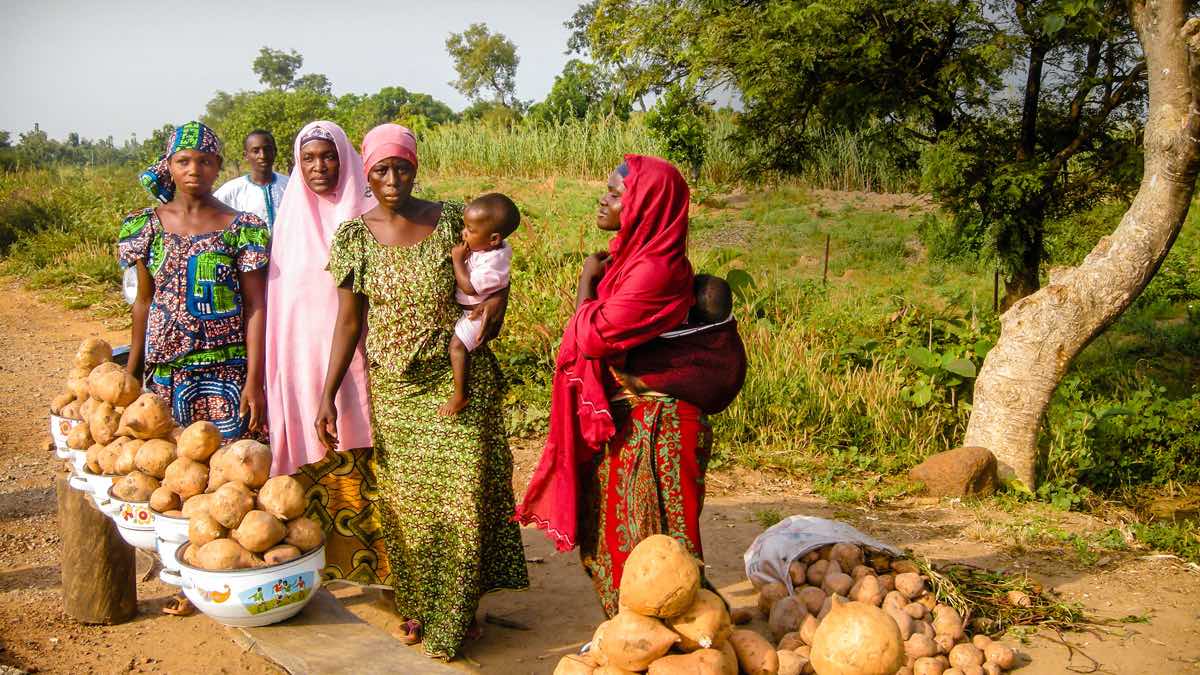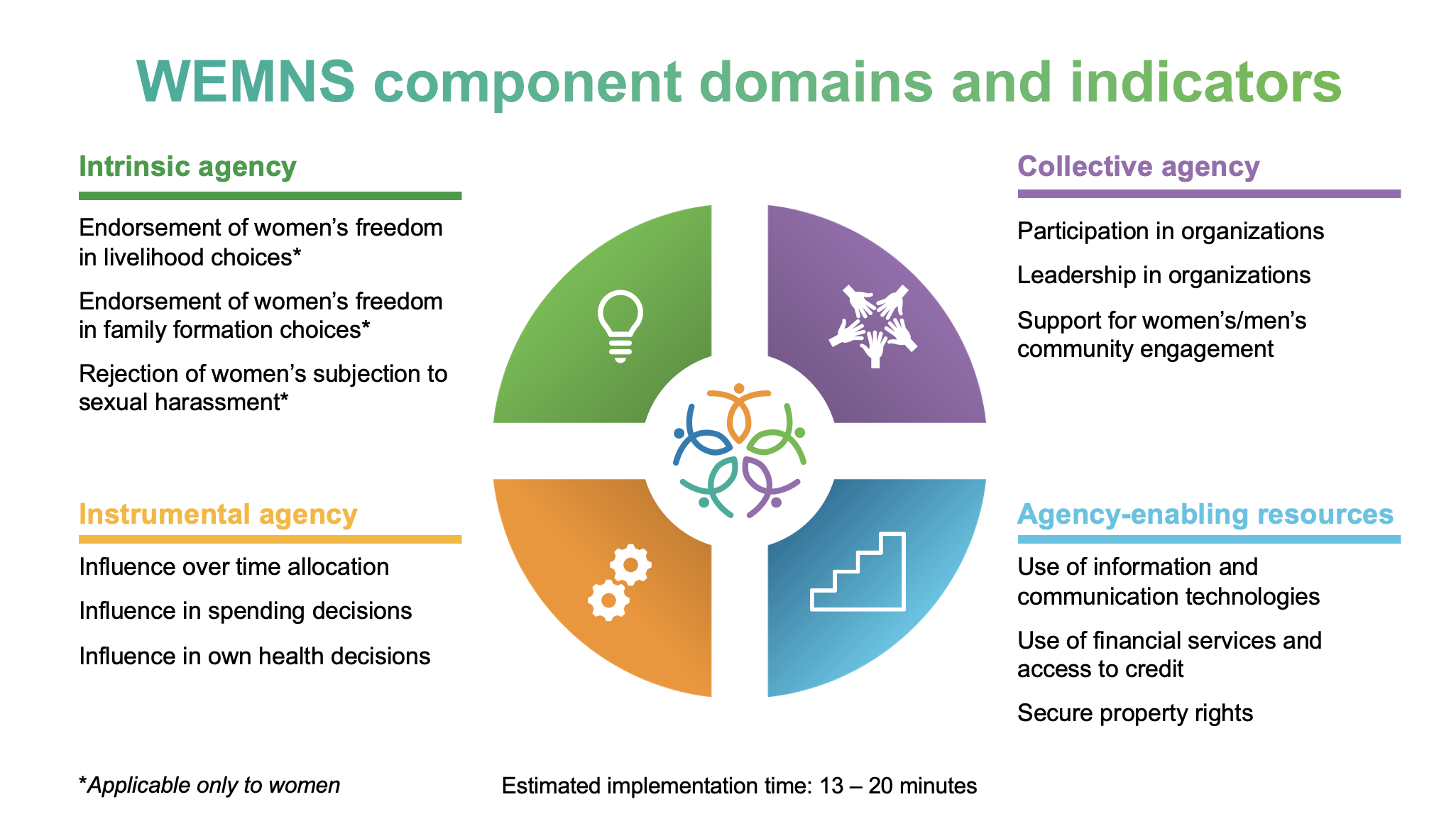The tomato industry is important to the people of Ghana but is falling short of its potential to improve their lives and livelihoods.
Tomatoes are a critical part of the Ghanaian diet and could play a key role in diversifying the country’s economy. More than 90,000 farmers grow the crop and 300,000-plus people are involved in its wholesale and retail trade. Yields have stagnated over the past two decades, however, and processing factories struggle to survive because the right quality and quantity of tomatoes are not being grown. The country buys hundreds of thousands of tons of tomato a year from neighboring countries.
Improvements across the board could reduce this reliance on low-cost imports, improve Ghana’s foreign exchange reserves, and provide employment and development opportunities in poor rural areas. This is why IFPRI, working with the government, growers, traders, and processors, is examining every aspect of tomato production, processing, and marketing. IFPRI and the Ministry of Food and Agriculture also are hosting “Transforming Agriculture: The Case of Tomato in Ghana,” a workshop to discuss research findings with representatives from all over the industry.
Extensive surveys and detailed analysis suggest that areas needing improvement include, among others, the availability of irrigation, seed preparation, the selection of crop variety, and market transparency. Public investment also demands attention. Government support to the industry since the 1960s has emphasized processing over production. Major investments in dams and factories have benefited large-scale suppliers but have done little to address smallholders’ needs.
The conversation on the future of Ghana’s tomato sector is far from over but two things already seem clear. First, the industry can play a key role in efforts to boost economic performance and fight poverty and hunger. Second, reviving it will require action at every level.







